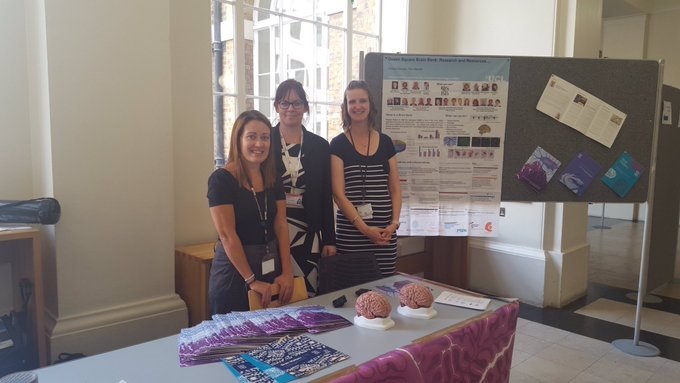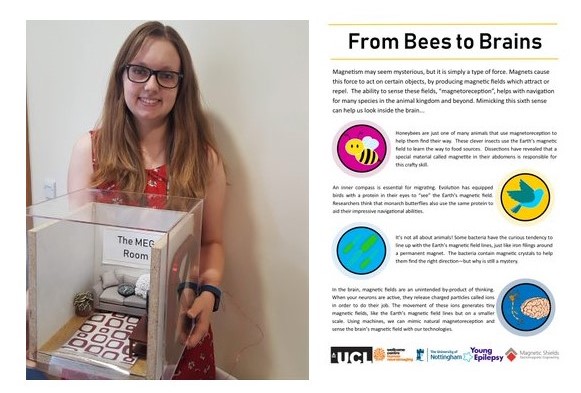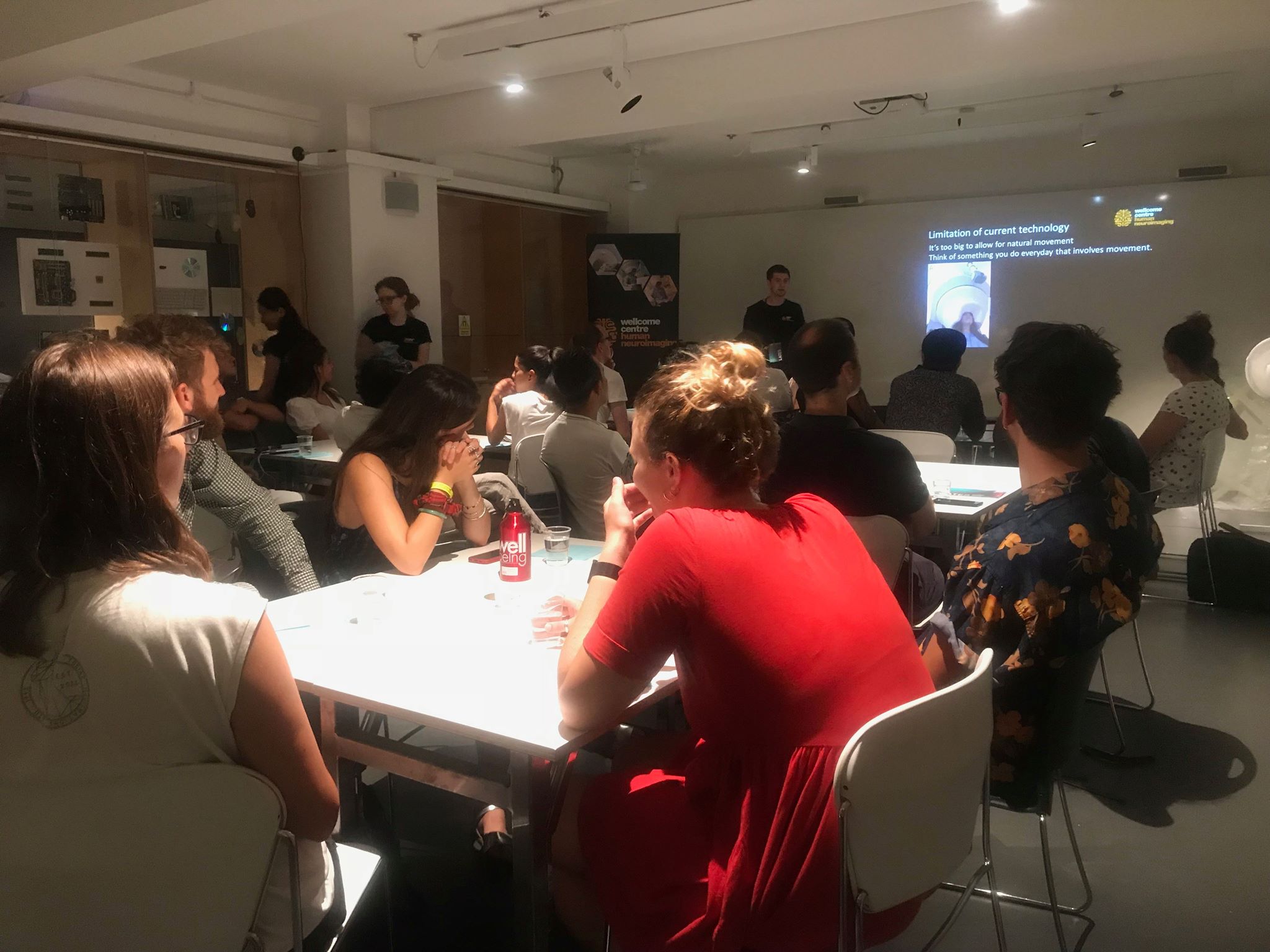Brain Imaging Virtual Work Experience: What does it take to be a brain scientist? 15 July 2021
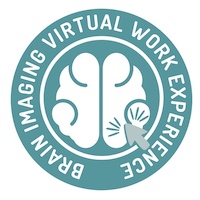 Hear from scientists, clinicians, and engineers about collecting, processing and using brain imaging to answer fundamental questions about brain health.
Hear from scientists, clinicians, and engineers about collecting, processing and using brain imaging to answer fundamental questions about brain health.
Open to students aged 16-18.
Dementia Research Careers Festival 1-6th March 2021
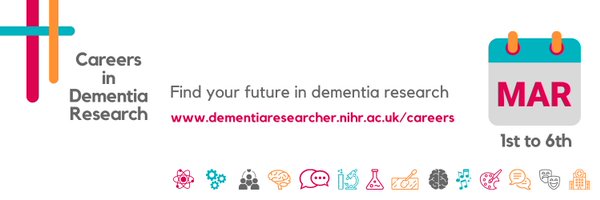
Careers in Dementia Research – Scientists & Lab Based Researchers: learn about their work and careers, hoping to inspire you to follow in their footsteps including Dr Christina Toomey.
The Academinist @theacademinist The podcast about equality & feminism in STEM
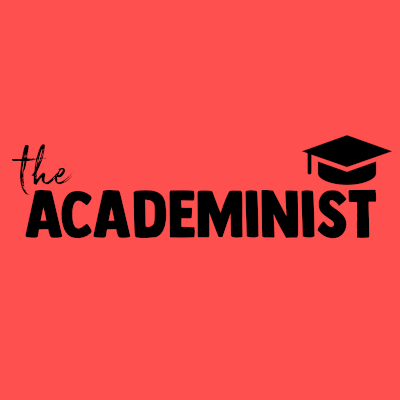
Listen to our chat with Selina Wray about the 'Class Ceiling', UK food poverty & navigating science from a working class background.
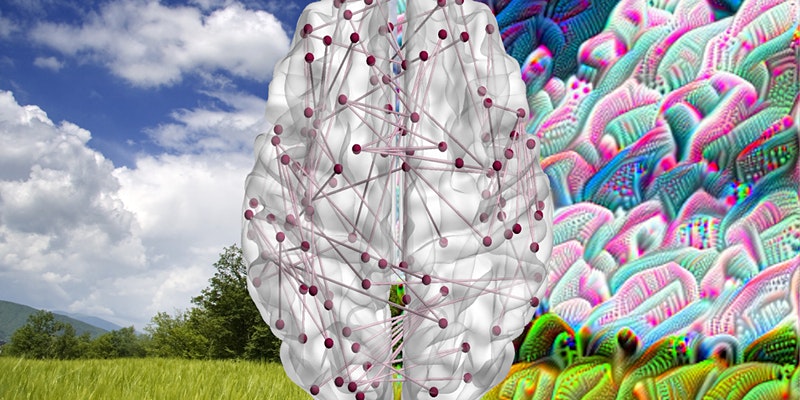 Public Lecture: Finding the network balance in Parkinson's disease hallucinations
Public Lecture: Finding the network balance in Parkinson's disease hallucinations
26th January 2021, 1-2pm
Join Dr Angelika Zarkali and Dr Rimona Weil for a lecture explaining how looking at the brain as a network can help us better understand the development of hallucinations.
Ensnared – The Inescapable Reality of Fatigue
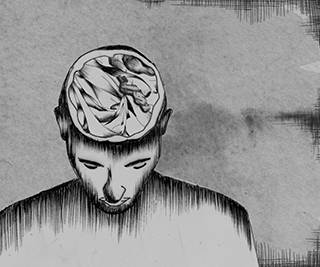 Conversation, digital artworks and installation exploring the reality of living with post stroke fatigue. Bloomsbury Festival, 23rd October 2020, 11-12
Conversation, digital artworks and installation exploring the reality of living with post stroke fatigue. Bloomsbury Festival, 23rd October 2020, 11-12
2020 UCL World Stroke Day Forum transformed entirely online
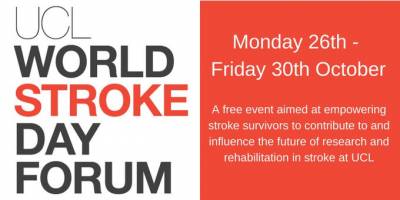 Free online event for stroke survivors and family members/carers to contribute to & influence research and rehabilitation at UCL.
Free online event for stroke survivors and family members/carers to contribute to & influence research and rehabilitation at UCL.
Dementia Research Chatathon LIVE
7th September from 9.00am to 9.00pm
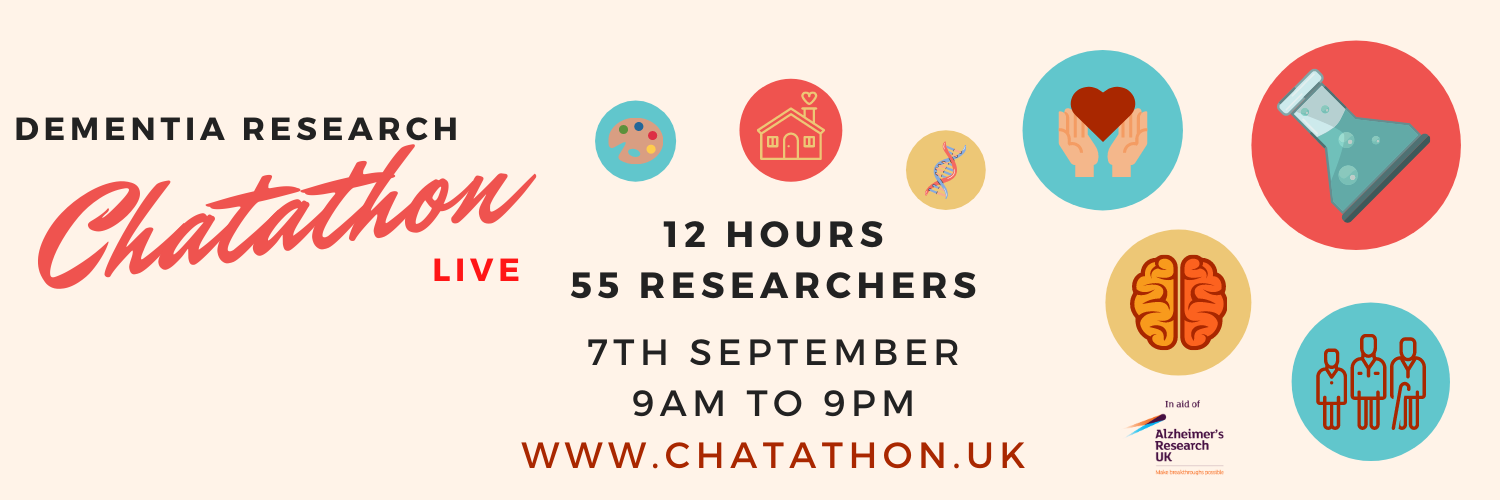
Organiser Adam Smith, one of the people behind the NIHR Dementia Researcher service, hopes to raise awareness of some of the work being undertaken to help prevent, diagnose, care, treat and understand Alzheimer’s and other forms of dementia and to raise much needed funding for Alzheimer’s Research UK (ARUK). He will be chatting with 55 researchers from all fields of dementia research, using video chat – live streamed using Zoom and YouTube
QSBB virtual work experience event: 20th July 2020
A virtual work experience event for GCSE and A level students that are interested in Neuroscience provided by Queen Square Brain Bank.
Mental health exhibition showcases art co-developed by neuroscientists and artists
Dear World Project is a cross-disciplinary public engagement collaboration that explores mental health, its diagnosis, and the use of labels often associated with feelings and emotions.
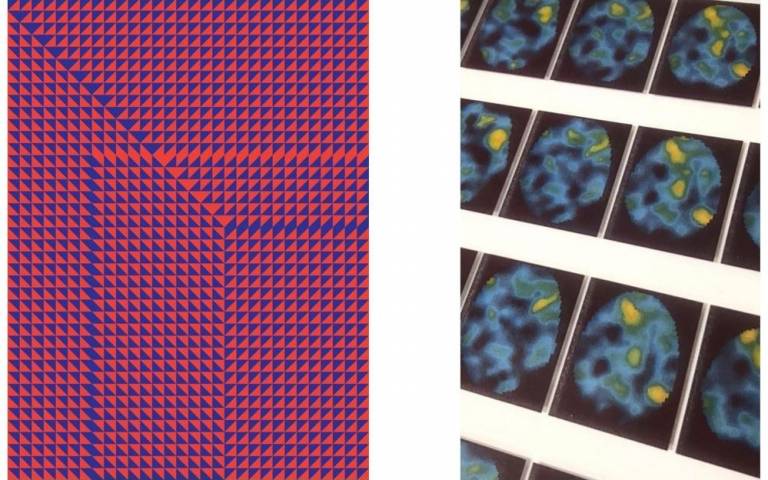
Immune Cells in the Brain
Wednesday 13 November 2019, 13:00—14:00. Wellcome Collection.
Come and hear neuroscientist Soyon Hong (UK DRI at UCL) talk about her pioneering work on what immune cells do in the brain, from their role in learning and memory to their contribution to ageing and dementia in Alzheimer’s disease
Bloomsbury Festival: Testing Situations – Created Out of Mind, 19th October 2019
A drop-in exhibition and series of events, including screenings of the ‘Neva’, a film made in collaboration with members of Rare Dementia Support groups and researchers at UCL Dementia Research Centre as part of the Created Out of Mind Residency at Wellcome Collection. Testing Situations website
UCL World Stroke Day Forum 29th October 2019
This World Stroke Day, we invited Stroke Survivors to the UCL World Stroke Day Forum: a free half-day event of interactive workshops, discussion groups and talks centred on the latest developments in Stroke Research and Rehabilitation
See also WCHN website
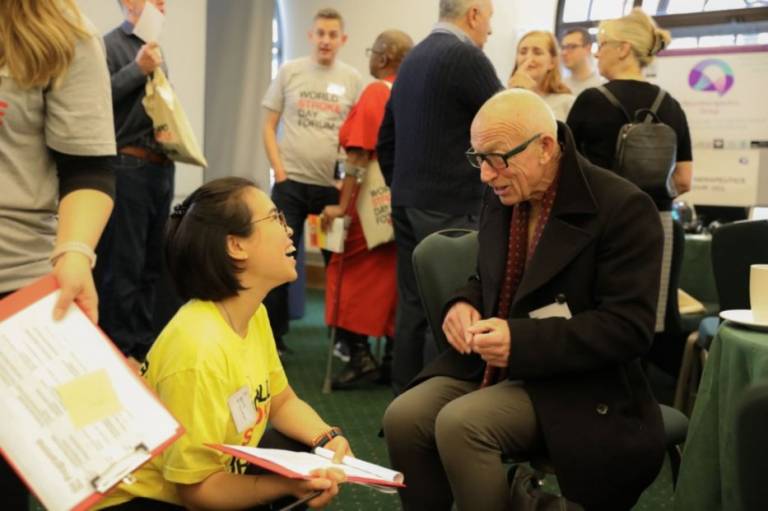
It's All Academic festival: Saturday 5th October 2019
Including #MadeAtUCL marquee talks and exhibition stands highlighting IoN discoveries.
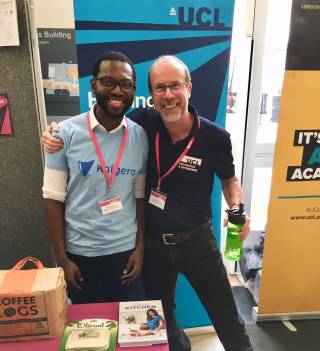
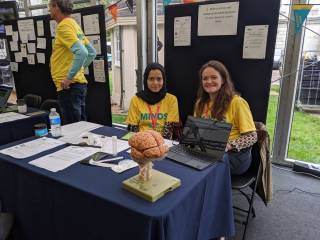
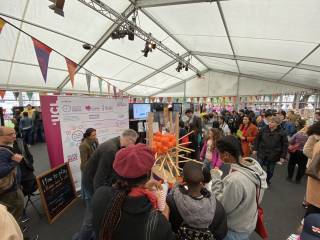
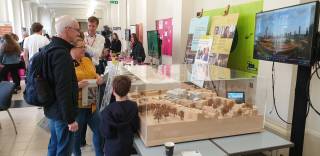
Crick/MRC Engagement Day: Neuroscience: 30th September 2019
Neuroscientists from the Crick present an afternoon of talks ending with a keynote from Professor Bart De Strooper.
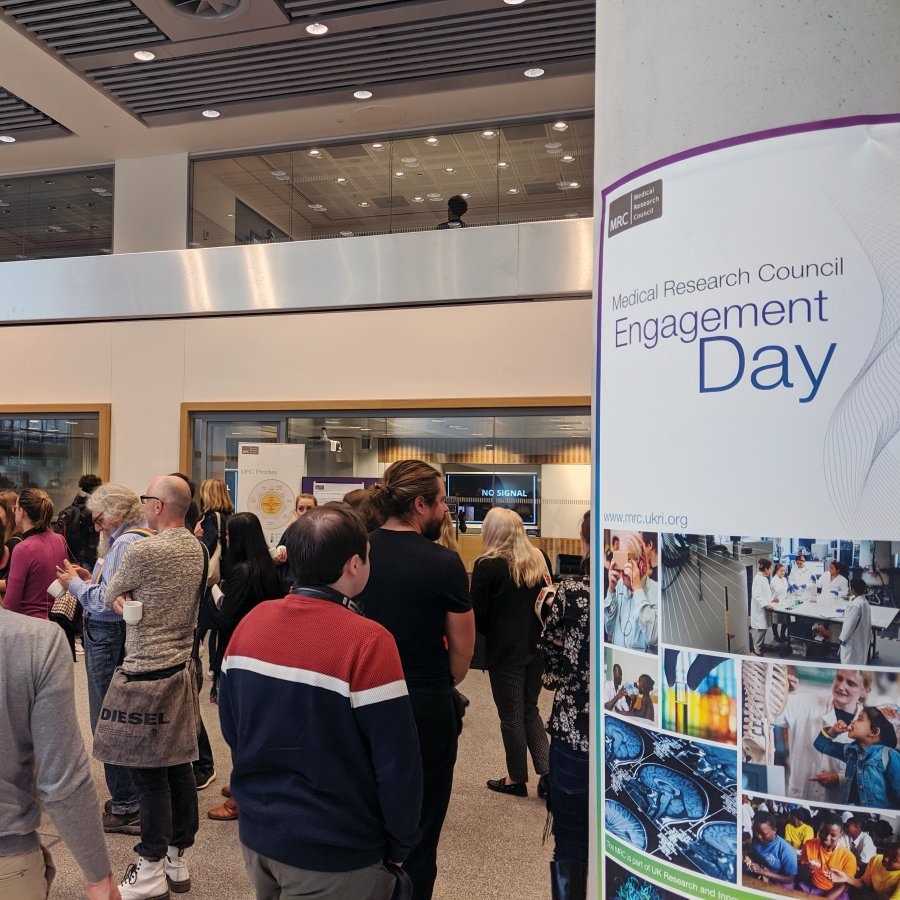
Promoting Queen Square Brain Bank at UCL ARUK network public engagement event August 2019
Green Man festival August 2019
Wellcome Centre for Human Neuromaging showcased some of their research with electromagnetic fields and OPM helmets!
MND Engage July 2019
The first MND Engage event was held on the 23rd July 2019 at the Francis Crick Institute. For the first time, along with the Motor Neurone Disease Association (MND Association) we brought together several London laboratories working on motor neuron disease (including the Patani Lab), patients and carers, to explore innovative strategies of public engagement in MND.
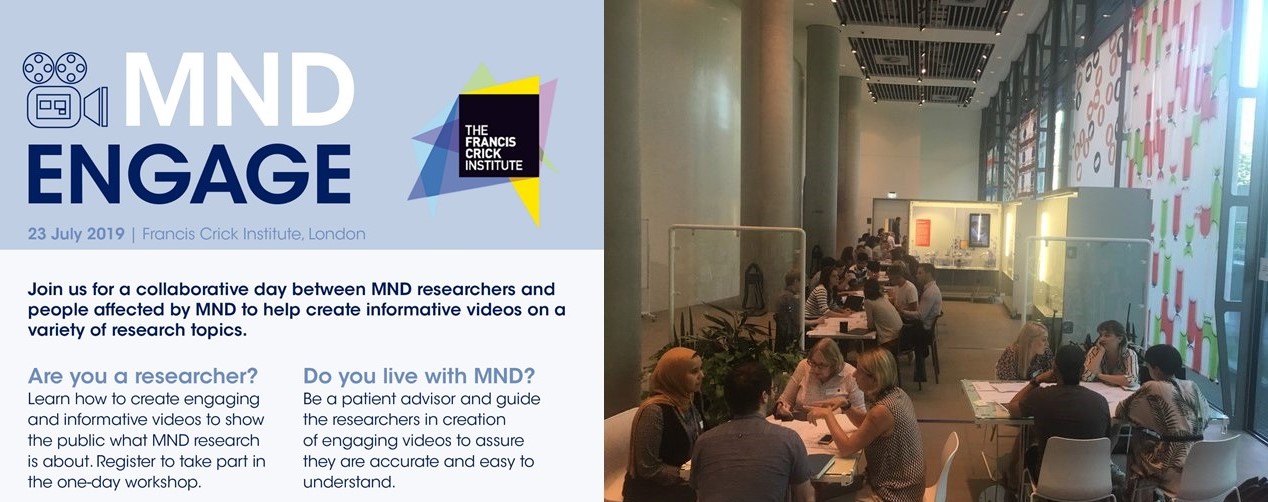
In2science Placement Program 2019
Wellcome Centre for Human Neuroimaging (WCHN)
"We had a great time hosting Patrick, Joana, Maleeha, Sue-Marie, Courtney and Kamran and were sad to say goodbye"
On their last day, students each gave a 5 minute presentation on their time here, and gave their feedback on the placement. Their feedback was really positive, for example:
“I wish the placement was longer!”, “I don’t think I could have had a better experience” “I think anyone could benefit from the placement whether or not you want to study neuroscience”.
Volysnki Lab (Department of Clinical and Experimental Epilepsy)
Arij was in the lab for two weeks, under the supervision of Helen Langley. Several scientists from the department kindly agreed to demonstrate their experiments, so Arij was able to see some electrophysiology, live cell imaging, confocal microscopy and tissue culture. As well as observing experiments, the Lab prepared an immunocytochemistry experiment to visualise astrocytes (glial cells) in mouse primary neocortical cultures. Under supervision, Arij fixed and stained these cultures, imaged them using the Lab's confocal microscope, and analysed the images and applied colour schemes for fluorescence intensity.
The Lab also arranged a supervised visit to the animal unit as well as to the Francis Crick Institute
"I enjoyed each day of my placement at UCL Institute of Neurology. I learnt various new things and met a bunch of inspiring people. The placement was a great opportunity to discover how a real science lab is. Overall, it was an amazing experience." Arij
Department for Neuromuscular Diseases
The Department hosted 9 A level students for their work experience during the summer break. The week of work experience was hosted jointly by labs headed by Professors Linda Greensmith and Gipi Schiavo and organized by dr Bernadett Kalmar. This year we had a pleasure to host a lively and diverse group of 9 students who came to us through different routes; some through UCL’s in2 science programme, some through colleagues, friends or recommendations from A level teachers across London and beyond. This year we had students commuting from as far as Peterborough and Windsor to attend our sessions- so our students and staff tried to make sure students spend their time with us well, enjoy their learning and most importantly learn a lot about biomedical sciences.
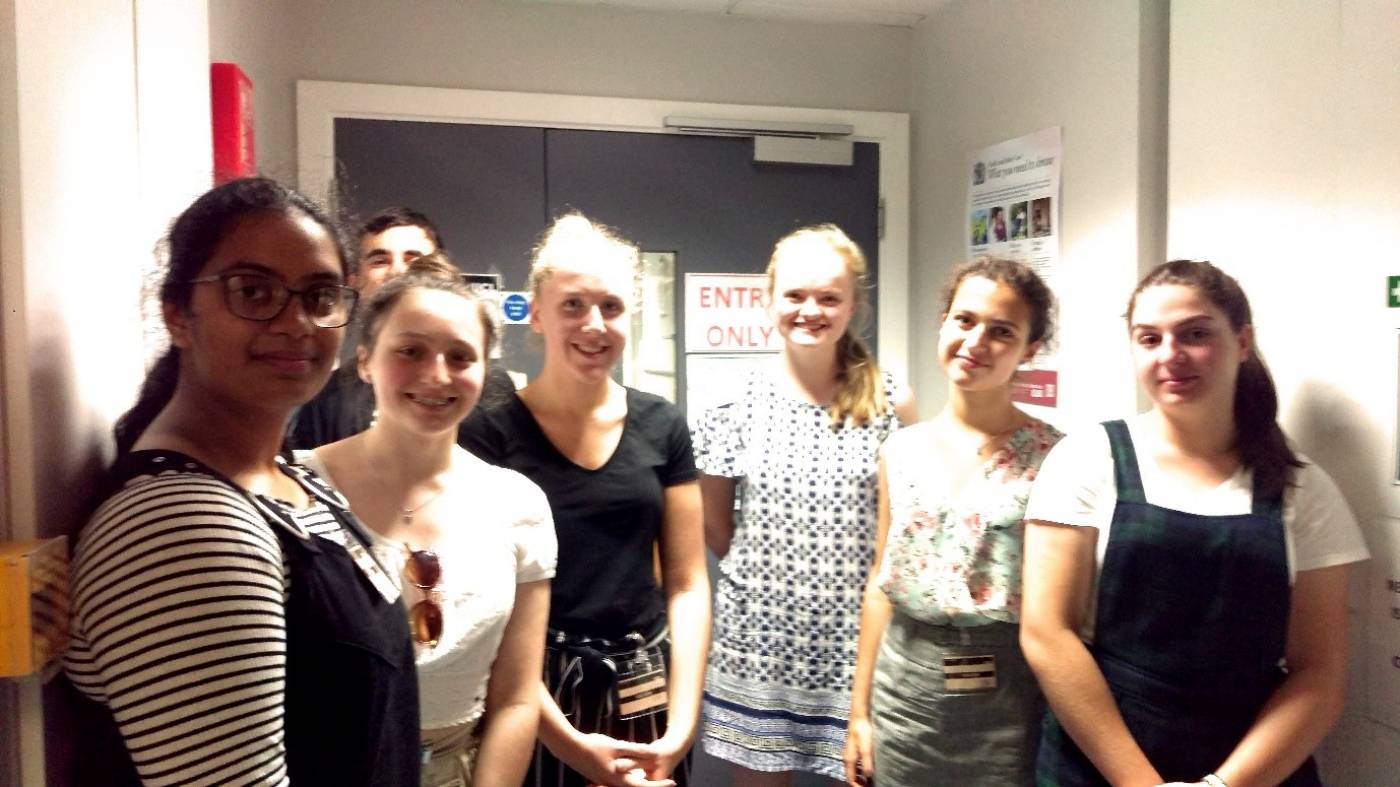
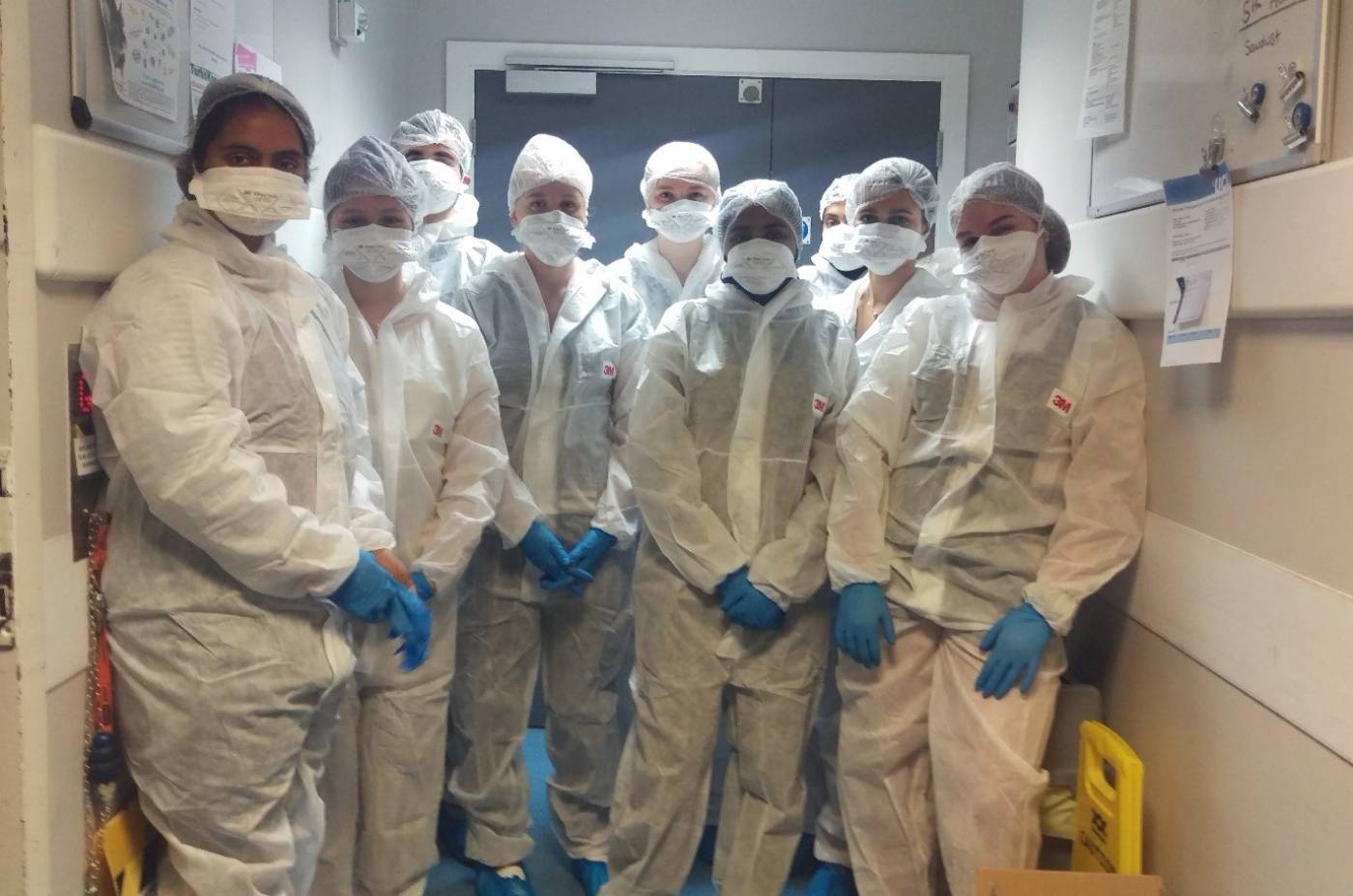
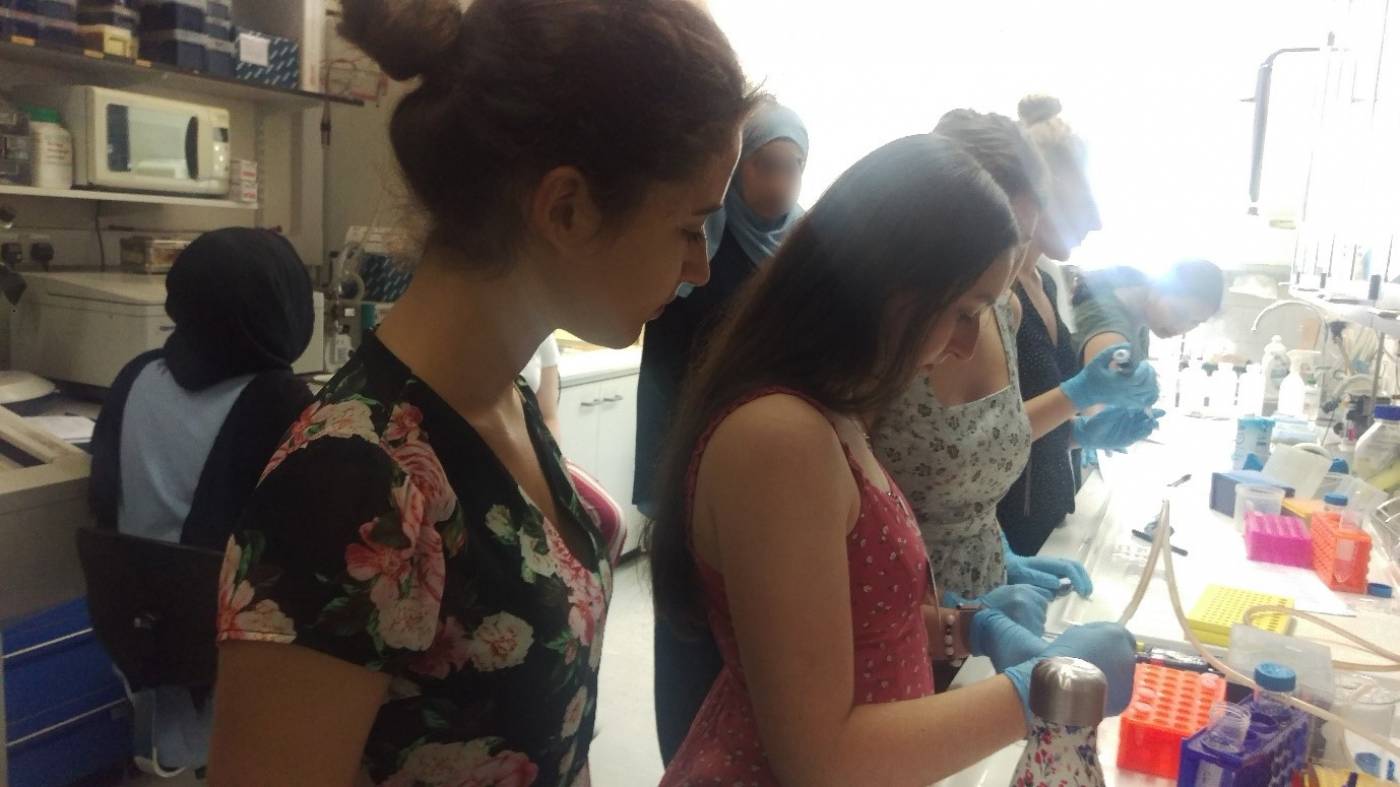
Our laboratories are so called “wet labs” eg, we conduct experiments using live cells and tissues to find out causes of neuromuscular diseases, such as Amyotrophic Lateral Sclerosis and other motor neuron diseases and try to find possible cures for them. Several members of the Greensmith and Schiavo labs, Charlotte Spicer, Verna Sarajärvi, James Dick Alexandra Kourgiantaki, David Villarroel Campos, Sunaina and Ellie Rhymes, as well as staff from biological services Karina Wauters and Michael Brooks took some time off from their busy work schedule to teach students and talk to them about their projects and work.
During the week, students had to opportunity to learn about the scientific questions we are interested in and the methods we use to find the answers. As part of their learning, students had their own experiment throughout the week: they learned about how to keep human skin cells in a dish and how to stain these cells to see their structural characteristics. For this, students had to keep their cells alive, feed them, fix them and then conduct a 2 day protocol to stain them. In the end, all students had their own lovely, colourful cells and image of they could take home as a proof of their work.
As science is not only about being alone in a lab but more about team work, students also had the opportunity to meet scientists, PhD, MSc students and postdocs and clinicians for a Q and A session to be able to ask them about their career choices, motivations or any aspect they are interested in.
Our students this year had been excellent company, really refreshing to see such enthusiastic and intelligent youngsters keen to learn and explore and become scientists or medical doctors themselves. It appears students also enjoyed their visit to us as in their anonymized feedback students said they most enjoyed the following activities: visit to Biological Services (animal house); doing their own experiments; learning about anatomy and physiology as well as having the opportunity for discussion with scientists and clinicians about current scientific problems.
One of the students wrote to us after their experience in an email:
“ I am writing to thank you so much for the week of lab work experience you gave me. I found it wonderfully exciting. My highlights were seeing first-hand the confocal microscope neurones, meeting the scientists and having in depth conversations with you about recent cutting edge challenges and technology. I am extremely grateful and I am now even more looking forward to applying for Biomedicine at university!”
We wish all our students best of luck in their A levels and hope they will achieve their dreams to get into the university of their choice!
Department of Clinical and Movement Neurosciences
Senior research fellow Dr Rina Bandopadhyay hosted a work placement for a disadvantaged student last summer
This follows on from summer 2018, when WCHN researchers also hosted six A-level students through the program. During that placement, the students worked with two research groups each, covering a range of research including physics, medicine and psychiatry. Speakers from across the UCL Queen Square Institute of Neurology also presented to the students in focused sessions to attempt to illustrate the breadth of research within Queen Square.
Andrea Gajardo Vidal, PhD student at WCHN, hosted three of the students, “They were incredibly smart and talented students. We found it a rewarding and positive experience”
#BrainPower : UCL Neuroscience Festival June 2019
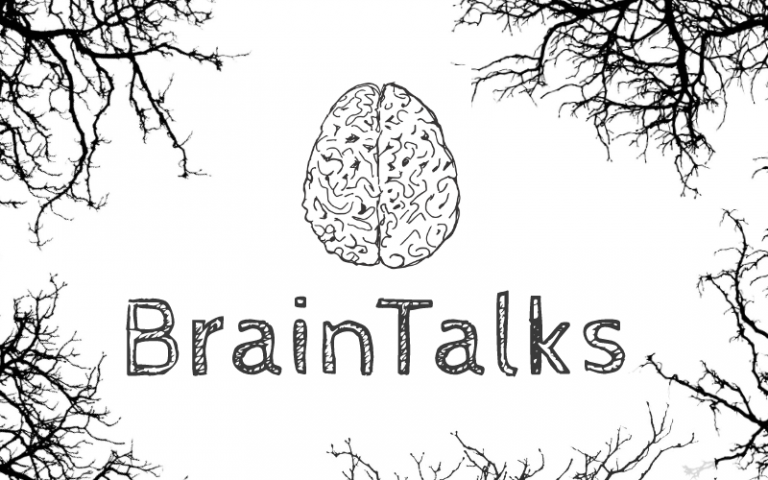
MRC Summer Science Fete June 2019
UK DRI at the MRC Science Fete: Virtual Reality Lab Tours, DNA, and Brain Hoopla
Pint of Science Festival May 2019
- Thinking meta: how to build a self-aware brain: Dr Steve Fleming
- Stem cells getting on your nerves? Patani Lab
Team FTD (frontotemporal dementia) from the Dementia Research Centre
Crick chat on Motor Neuron Disease
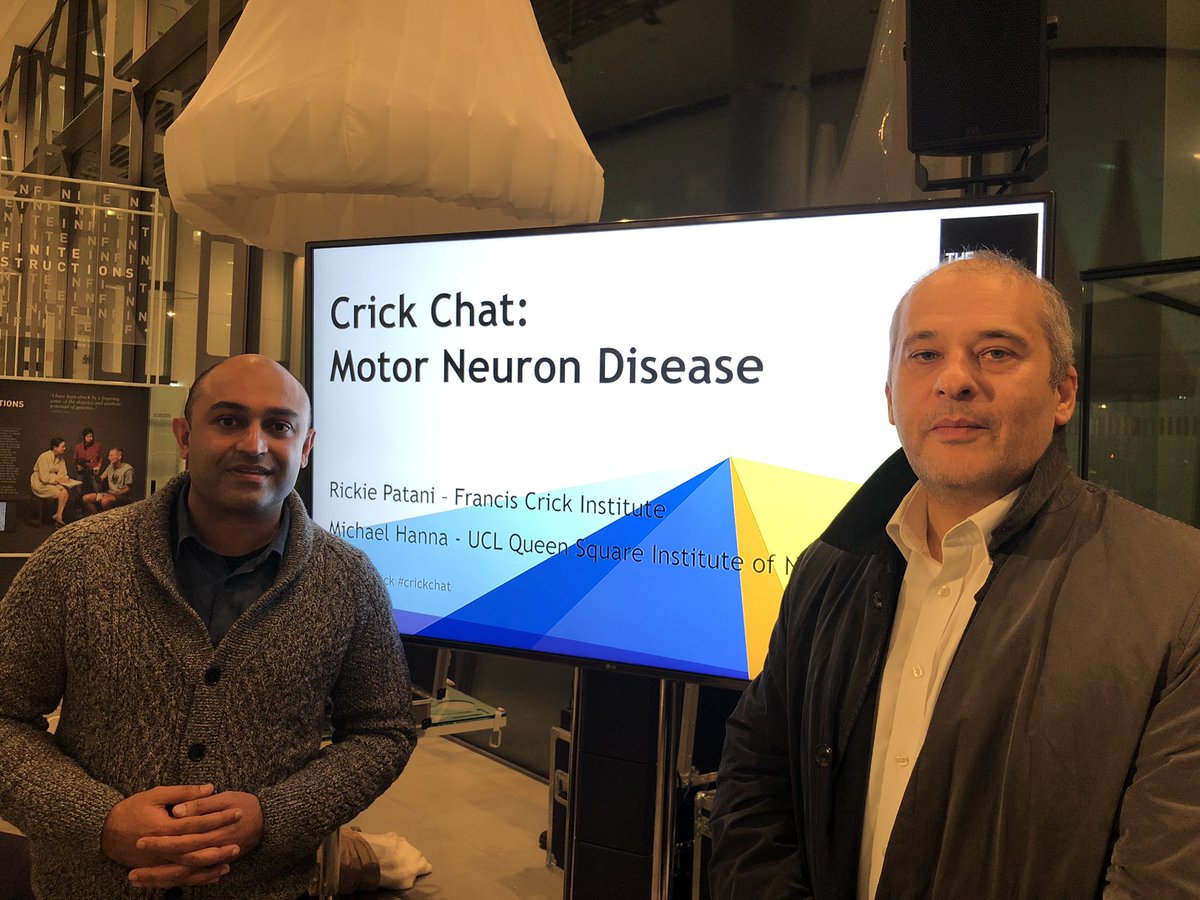 Rickie Patani, a group leader at the Francis Crick Institute, associate professor at UCL Queen Square Institute of Neurology and a consultant neurologist at the National Hospital for Neurology and Neurosurgery, together with Michael Hanna, Director of the UCL Queen Square Institute of Neurology, discussed the challenges of researching the disease, and what’s being done to improve diagnosis and new therapies.
Rickie Patani, a group leader at the Francis Crick Institute, associate professor at UCL Queen Square Institute of Neurology and a consultant neurologist at the National Hospital for Neurology and Neurosurgery, together with Michael Hanna, Director of the UCL Queen Square Institute of Neurology, discussed the challenges of researching the disease, and what’s being done to improve diagnosis and new therapies.
Wellcome Centre for Human Neuroimaging Public Engagement awards April 2019
See also WCHN website
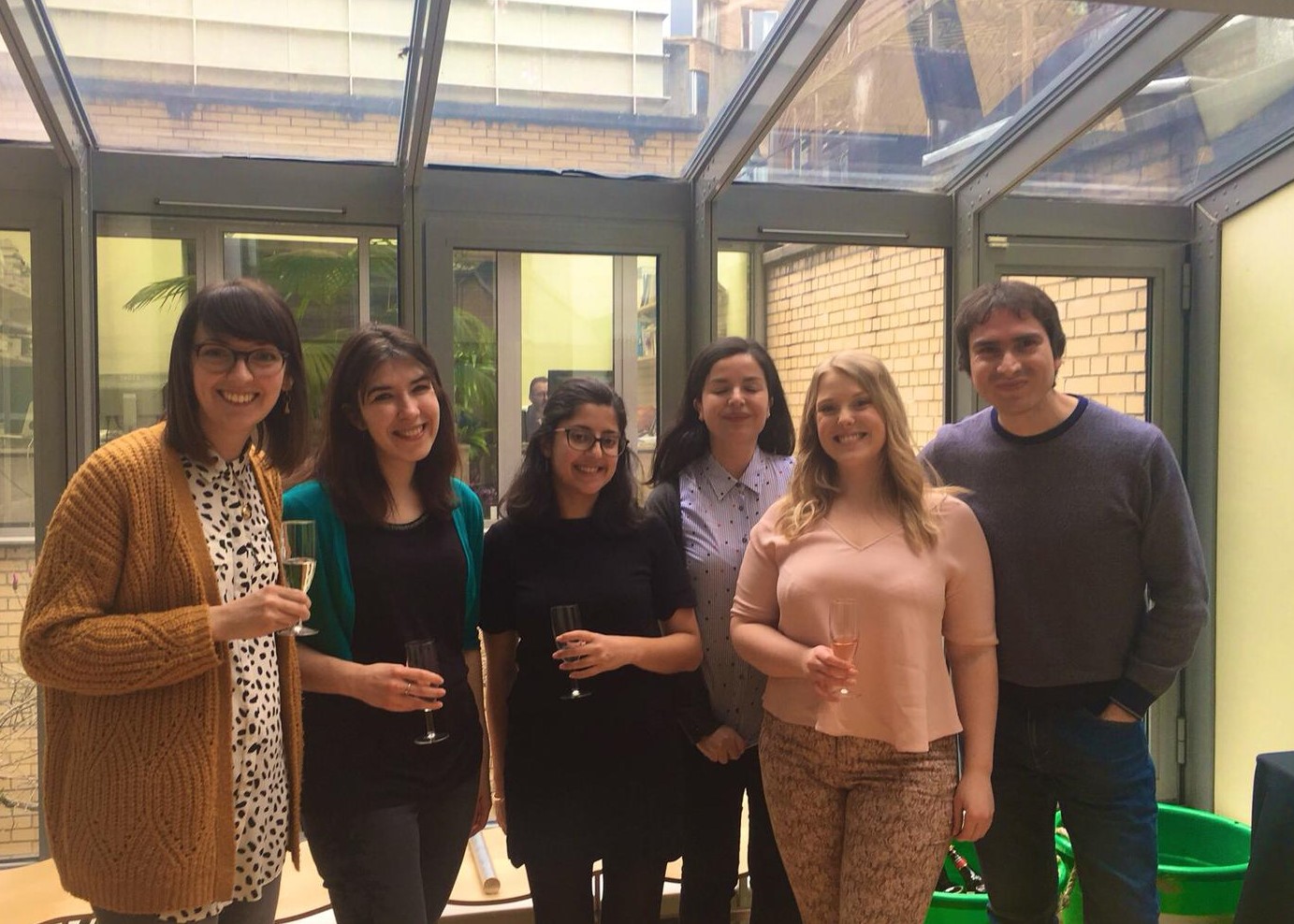
Brain Bee brings aspiring teenagers to the Sainbury Wellcome Centre
Future neuroscientists, psychologists, neurologists and doctors from secondary schools in London and beyond came together to participate in the annual London Brain Bee championship. Participants had the chance to participate in some interactive demonstrations put on by academics from the SWC and Dementia Research Centre.
Latitude Festival
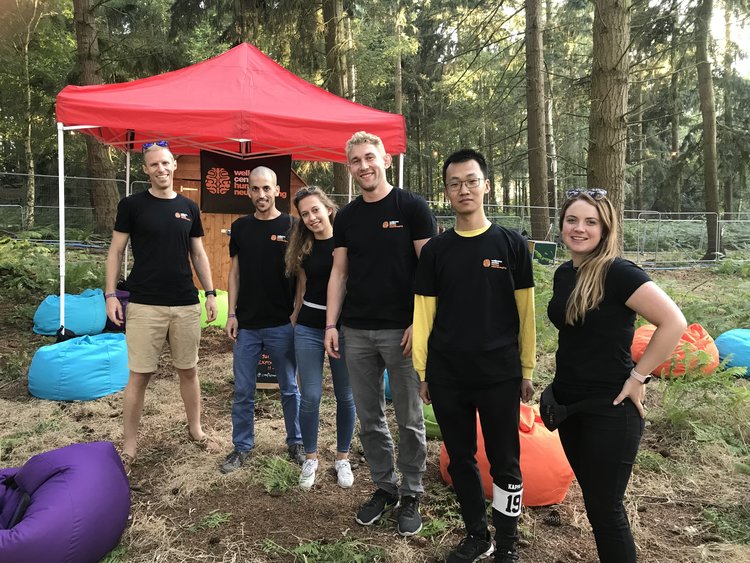
“The festival was a brilliant platform to test a new way of running this type of experiment. While typically we would need people to come into the Centre and participate, this app allows us to broaden our group of people who can contribute.” Dr Steve Fleming
Through engaging with festival goers, the MetaLab were able to gain key feedback on the app and further refine it.
The Kilner Lab, headed by Prof James Kilner, are veterans of Latitude festival. They ran a survey based experiment which looked at how you physically perceive your emotions.
“We have been attending Latitude for three years now, and always find this method of engaging people in science research really valuable.”Professor James Kilner
With over 700 people participating in the experiments, it was a fun weekend of science engagement.
 Close
Close


